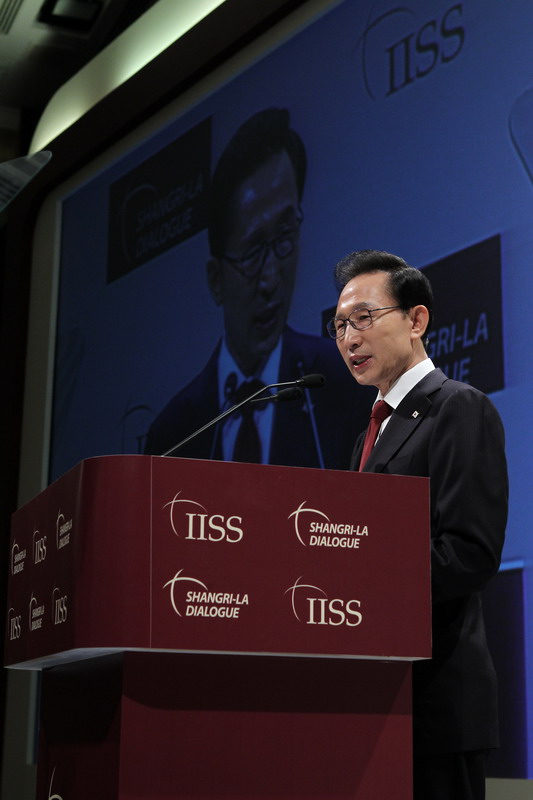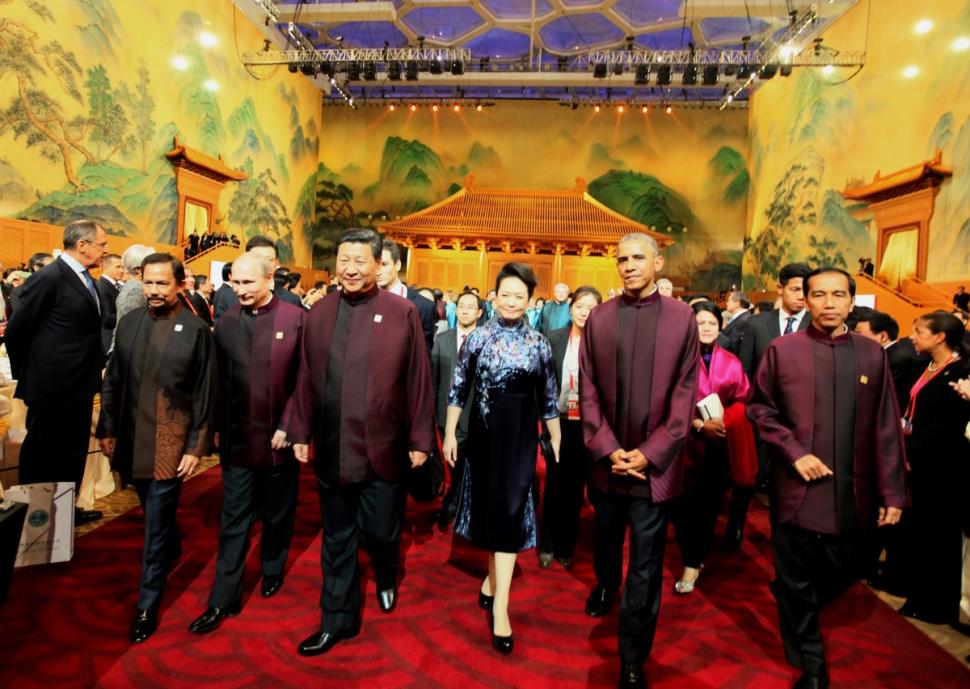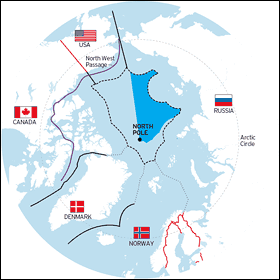In the wake of 2014’s contentious Shangri-La Dialogue, China is actively trying to change the channel. The Shangri-La Dialogue is a regional forum on security issues hosted by the International Institute for Strategic Studies in Singapore, which brings together major players in Asia-Pacific security each year. The edition held in May 2014 hosted such individuals as Japanese Prime Minister Shinzo Abe and US Secretary of Defence Chuck Hagel. But China was invited to send a delegation for the first time, which was led by Lieutenant General Wang Guanzhong, Deputy Chief of China’s General Staff. The result of these discussions, however, was not the fostering of deeper understanding among the major powers of the region, but rather an exchange of diplomatic barbs and provocative speeches.

It is in this context that China is promoting a biannual event of its own, the Xiangshan Forum. Organized by China’s Defence Ministry and the China Military Sciences Society, this regional security conference is set to take place on November 20-22, 2014. Of note, invitations have been extended to the defence ministers of South Korea, North Korea, and Japan. Interestingly, such a forum would exclude the United States from participating and focuses the discussion much more on Northeast Asian security than the Shangri-La Dialogue. This would certainly allow for more pressure to be placed on North Korea to adopt defence reforms that could reduce regional tensions, but it may instead have been China’s intent to exclude Southeast Asia so as to reduce diplomatic pressure on itself. Member states of the Association of Southeast Asian Nations (ASEAN), such as the Philippines and Vietnam, have territorial disputes with China and enjoy close defence cooperation with the US. A sense that ASEAN members, Japan, and the US were ‘ganging up’ on China prompted much of the fallout at the 2014 Shangri-La Dialogue. But even South Korea has been increasingly falling within China’s economic and political orbit. If anything, the Xiangshan Forum could be intended to contain Japan’s influence in Northeast Asia.
Nonetheless, the opportunity for such high-level talks is a positive sign for relations within the region. China, Japan, and South Korea have all agreed to hold a trilateral summit of foreign ministers by the end of the year. If such an event were to take place in conjunction with the revamped Xiangshan Forum, it would certainly raise the profile of the latter as a rival to the Shangri-La Dialogue. But more importantly, it would break from a protracted stagnation in diplomatic efforts in Northeast Asia. On September 11, 2014, the deputy foreign ministers of China, Japan, and South Korea met in Seoul to hold talks, representing the first meeting between high-level officials from the three countries in 11 months. A whirlwind tour of ministerial talks in the final months of 2014 would jumpstart the process of normalizing relations, particularly between China and Japan.
American and Canadian policymakers should make clear, however, that the Xiangshan Forum and other China-led bodies could only ever be supplementary. These cannot replace the existing security framework of which the Shangri-La Dialogue is a part. Russian leaders once sought to divide NATO and replace the Organization for Security and Cooperation in Europe (OSCE) with proposals for a ‘new European security architecture’ that would have sidelined Canada and the US in European security affairs, but this initiative ultimately came to nothing. Similarly, in the final years of the Soviet Union, Mikhail Gorbachev sought a rebalance in continental security by calling for a ‘common European home’ to replace NATO and other existing Euro-Atlantic structures. These efforts failed because the countries of the region found Canadian and American engagement constructive, and the enthusiasm with which Japan and Southeast Asian countries participate in joint exercises with Canada and the US suggests that few would wish to see that engagement curtailed.
In short, the Xiangshan Forum can be a useful addition to the Asia-Pacific region’s security toolbox and there should be few anxieties about this proposal. But the diplomatic manoeuvring of China’s President Xi Jinping and Foreign Minister Wang Yi will need to be closely watched in November and December 2014.




